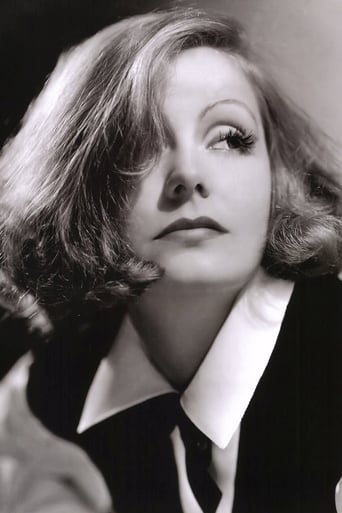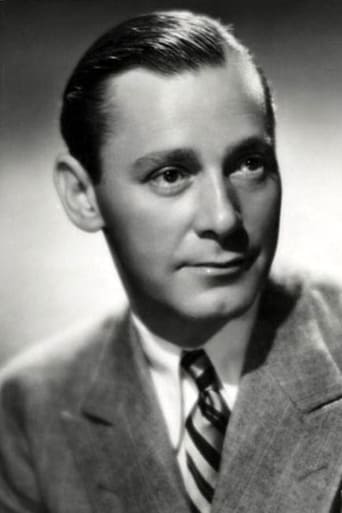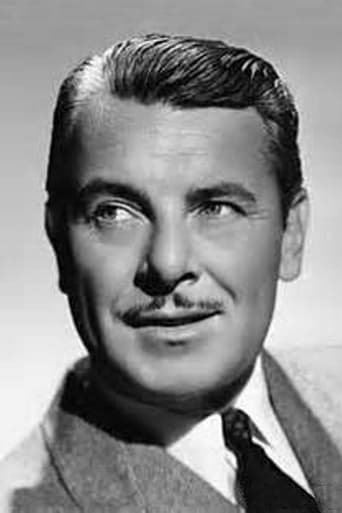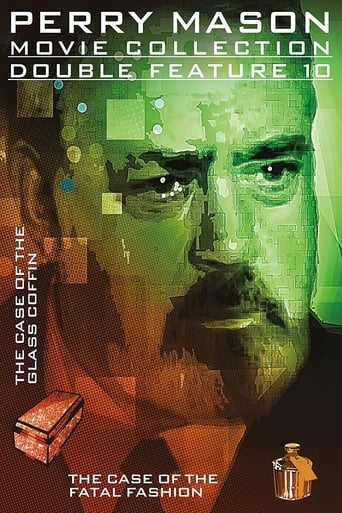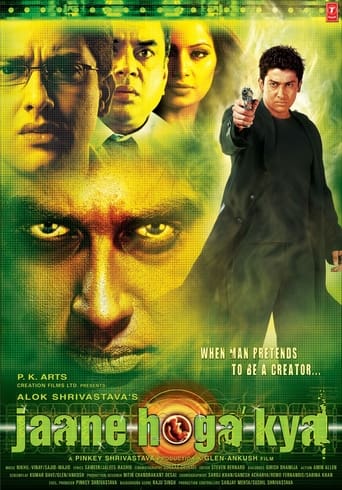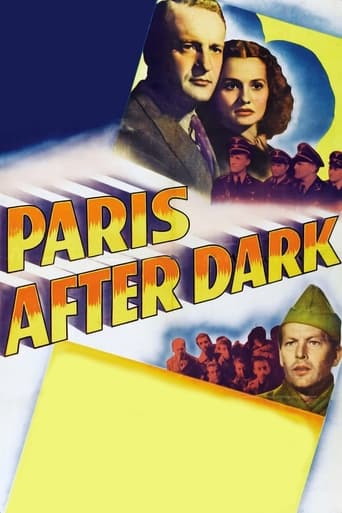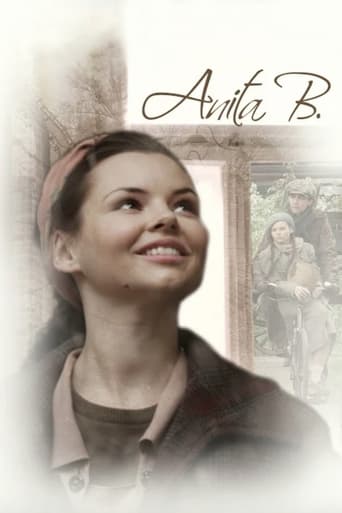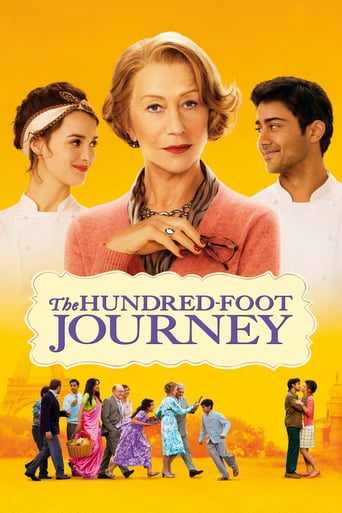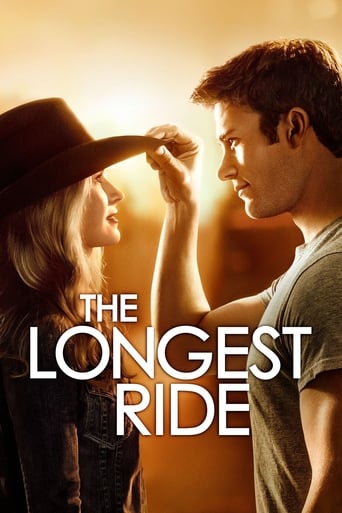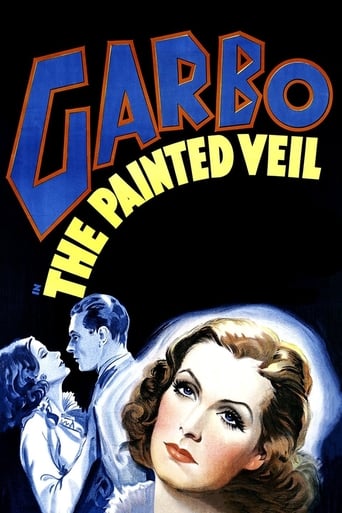
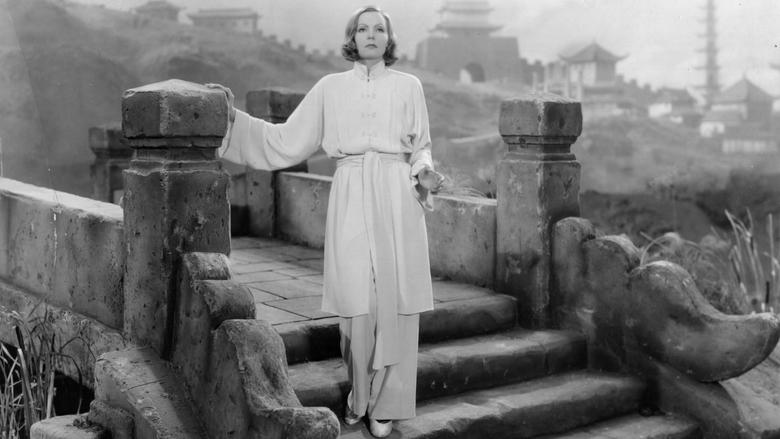
The Painted Veil (1934)
The wife of a doctor in China falls in love with a diplomat.
Watch Trailer
Cast
Similar titles

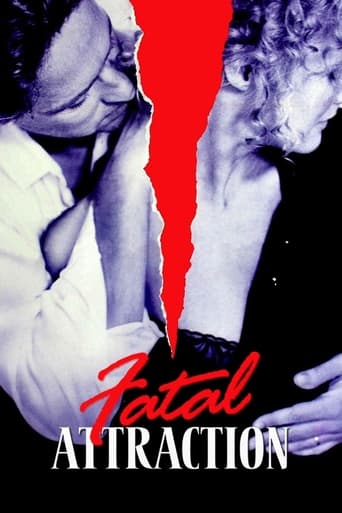
Reviews
Too much of everything
Terrible acting, screenplay and direction.
The movie's neither hopeful in contrived ways, nor hopeless in different contrived ways. Somehow it manages to be wonderful
One of the worst ways to make a cult movie is to set out to make a cult movie.
THE PAINTED VEIL (Metro-Goldwyn-Mayer, 1934), directed by Richard Boleslawski, returns Greta Garbo to formula level of material, that of a lonely wife having an illicit affair. While this sort of story could have been a remake of any one of her silent melodramas from the 1920s. WILD ORCHIDS (1929) with Garbo, Lewis Stone and Nils Asther immediately coming to mind, each having a similar theme with Oriental setting and exotic dance numbers. THE PAINTED VEIL is not an original screenplay but one taken from the literary work by W. Somerset Maugham published in 1925. With numerous Maugham novels transferred to the screen over the years, with the then recent and better known ones being RAIN (United Artists, 1932) with Joan Crawford; and OF HUMAN BONDAGE (RKO Radio, 1934) featuring Bette Davis, THE PAINTED VEIL starring GARBO (as she was billed in the opening credits), has become either one of her lesser known movie projects, the least favorites among fans and critics, or a combination of both.The contemporary plot, first set in Austria, revolves around Karin Koerber (Greta Garbo), an young adult woman living at the home of her parents (Jean Hersholt and Bodil Rosing). After her 18-year-old sister, Olga (Cecilia Parker) marries Heinrich (Hans Von Morhart), and go off on their honeymoon, Karin faces a lonely future without her. Her loneliness is short-lived when British bacteriologist Doctor Walter Fane (Herbert Marshall), a visiting wedding guest and close friend of her medical professor father, approaches Karin and asks her to become his wife. Having admired her since childhood, they know little about each other. However, Karin, liking the idea of going to places she's never been, readily accepts. Once in the Orient, Karin finds herself facing time alone, spending quality time playing bridge with other wives while Walter spends long hours on his medical work. Having already met Walter's American diplomatic friend, Jack Townsend (George Brent) and his wife (Katherine Alexander), Karin is given the pleasure of Townsend's company as he escorts her through the city's exotic locales. When Jack kisses Karin, she tells him, "How could you?" He replies, "I could." As Karin makes an effort to avoid seeing Townsend again, she comes to realize her love for him by going to the festival. Walter learns of the affair but knows Karin could never have Townsend, considering how his career and reputation mean more to him than Karin does. Feeling rejected by Townsend, Karin resumes her loveless marriage traveling with Walter on his missionary work to a disease infested city in China where they find danger and further uncertainty in their lives.Remade as THE SEVENTH SIN (MGM, 1957) with Eleanor Parker and Bill Travers, and again under its original title in 2006 featuring Naomi Pitts and Edward Norton, the latest edition, longer and more to the point in terms of unfaithfulness than its predecessors, one would expect the Garbo version to be the first and best of the three. One of the faults of the original probably rests heavily on tight editing of the script, leaving certain scenes ending without any explanation. As for the film itself, it was either producing a two hour plus epic or putting in material that really matters. The writers (scripted by Salka Viertel, Edith Fitzgerald and Jhn Meehan) naturally chose the latter, resulting to a cleaned up 83 minute soap opera with approval from the newly enforced production code. Dull passages aside, the waiting for the climatic showdown between husband and wife before expressing their true emotions ranks one of its few suspenseful moments captured on film. From then on, everything mellows.Most of the secondary characters depicted are undeveloped. Some appear briefly and disappear from view with little or mention about them again, particularly Townsend's wife. Some sources list Beulah Bondi and Billy Bevan in the cast, though their roles in the finished product are played by the substituting Bodil Roding and Hans Von Morhart. Fans of the "Charlie Chan" movie series will get to see both Warner Oland (Chan) and Keye Luke (Number 1 Son) appearing separately in smaller parts. For the leading men, however, Herbert Marshall is ideally cast as the troubled husband, considering how he's been through all this before with his on-screen wife (Marlene Dietrich) in BLONDE VENUS (Paramount, 1932) with Cary Grant as the other man named Townsend, Nick in fact, who comes between the married couple. Though it would have been more interesting as well as historic having Grant appear opposite Garbo, it is George Brent, on loan from Warner Brothers, who gets that acting honor instead.Distributed to home video in 1990, availability of THE PAINTED VEIL rests on occasional revivals on Turner Classic Movies. Though the movie strays from Maugham's original novel in some areas, with name changes of certain characters, it does, overall, succeed for what it's got, and that's GARBO. (***)
GRETA GARBO marries a man she doesn't really love (afraid of being an old maid when her sister marries), so HERBERT MARSHALL once again must face the fate he had in most of his films--he's saddled with a wife who doesn't really love him, at least in the first reel.But in THE PAINTED VEIL, Garbo comes to realize that he's more worthy of her love than the scoundrel she meets in China, where she has joined her husband in his quest to fight cholera. The scoundrel is played with his usual indifference by GEORGE BRENT, looking more youthful than audiences would expect who are mostly familiar with his '40s films as a favorite Warner Bros. leading man.Neither Marshall nor Brent has ever had an electric screen presence, but it doesn't matter in this case. The camera lingers lovingly on the face of Garbo as she changes expressions delicately under as many flattering close-ups as could be managed. It's really one of her better performances, less actressy than usual and making it seem credible in the end that she could come to love and value her husband when she sees how he affects the lives of others.Summing up: A bit contrived and melodramatic, but much better than a lot of Garbo films in the early '30s with interesting sets and costumes.
Not often listed as one of Garbo's top films, she still does manage to deliver here and has a sometimes opulent production to back her up. She plays the unmarried sister of a blushing new bride who, in a moment of weakness, agrees to marry a kindly, but rather passionless acquaintance (Marshall) who has loved her for a long time. After their wedding, he whisks her off to China where he is leading the way in the study and treatment of cholera. She has achieved a certain level of affection for him at this time. Soon, however, his hours begin to interfere with his relationship with Garbo and she finds herself enjoying the company of a local playboy (Brent) who is married to a wealthy woman he cares little about. The couple has trouble resisting the impulse to make love and they have the bad luck to indulge their passion one day just as Marshall has come by the house to deliver some periodicals for his wife to read. Distraught over his wife's infidelity, Marshall arranges for her to accompany him to a remote, cholera-stricken village, regardless of the fact that one or both of them could die in the process. Here Garbo wallows in self-pity until she begins to realize that sometimes the best way to help oneself is to give of oneself. However, it may be too late to salvage her marriage. Garbo (billed only by her last name in the credits!) is practically the whole show here and easily outshines her comparatively colorless costars (especially Brent.) She infuses her character with loads of feeling and emotion as the camera studies her amazing features. She does, unfortunately, wind up in at least one preposterous Adrian concoction, notably a white, draped number with a huge trivet necklace and a hat that looks like it ought to be the lid of a pressure cooker. Most of the time, though, she overcomes any indulgence in the clothes and manages to portray her role with skill. Marshall is well-suited to his meek, unassuming character, showing fire only on those rare occasions when its called for. Brent, on the other hand, just comes off as mostly cheesy and phony. It's hard to imagine Garbo falling for him. Few other characters have time to make much of an impression though Oland (best known as "Charlie Chan") pops up as a Chinese General and Harvey injects some light comedy into the film with his boozy portrayal of a local official. The production sports the typically impressive MGM design with Marshall's home a glamorous place to reside and a Chinese New Year celebration including some elaborate performing (with Brent and Garbo hilariously standing practically IN the action. What? No one asked them to step aside, get out of the way or sit down?) Typical of the period, some alterations, particularly regarding the ending, were made from the story as told in the source novel by W. Somerset Maugham, but this doesn't hurt the film too much. It was later remade, more simply and with less star-power, but still entertainingly, with Eleanor Parker as "The Seventh Sin". Another remake, with the original title intact, is currently underway with Naomi Watts.
Garbo is luminous in this adaptation of the Somerset Maugham story "The Painted Veil." It's a beautiful, lavish production with great direction from Clarence Brown. The story is a nice adaptation, if truncated. The stars are in especially fine form. George Brent plays a convincing cad. Herbert Marshall is in the role he always played best, as the sincere and kind, but neglected, husband. Other reviewers who noted the morality of the story are correct--this is one of those films which inspires those who watch it to be good people. The moving love story wins the viewer over by the end of the film.The score and cinematography were lush. The Asian sets were intriguingly exotic and fun to look at. Also interesting were the title scenes at the beginning of the film, in which the name GARBO stays behind the credits. Truly indicative of the heights Garbo's star power had reached by the time THE PAINTED VEIL was released!
